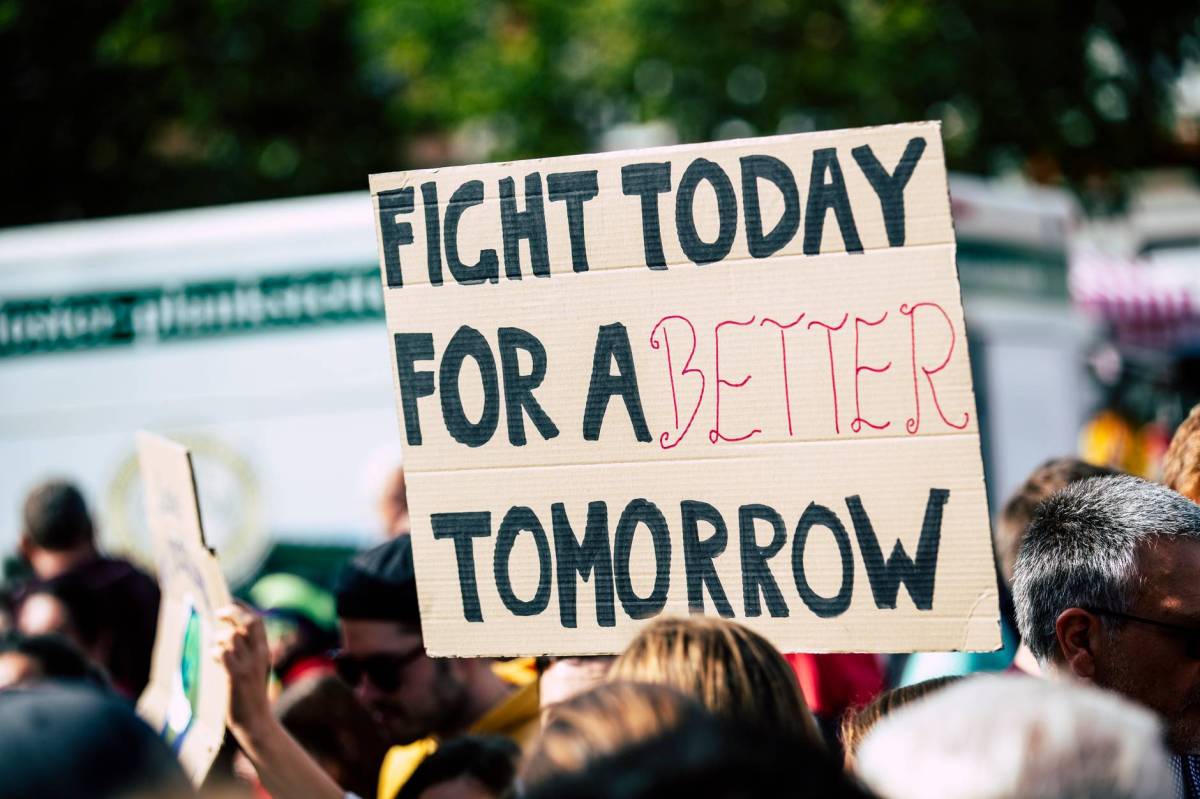Support independent research
Become a monthly subscriber to get access to this and other content.
Subscribe to get access
Read more of this content when you subscribe today.

Become a monthly subscriber to get access to this and other content.
Read more of this content when you subscribe today.
This is a very insightful post, Natasha. I like the Buen Vivir concept. I’m curious though: are Latin American countries/governments open to using this concept as they seek to grow? Most of them are developing countries. Are they also like the rest of the world, putting economy above society and the environment?
LikeLike
Thanks Saurab for stopping by and for your comments. I’ll try not to make this too long 🙂 I first came across Buen Vivir in Ecuador’s development policy whilst living in the country and doing some sustainability work in rural communities. So yes, it has been adopted in development policy in Ecuador and Bolivia and their respective constitutions, other countries like Venezuala, Costa Rica and Peru have skirted around it but not formally implemented it in policy. Regarding your comment about ‘seeking to grow’ Buen Vivir advocates against economic growth for growth’s sake, which is why it is called an alternative to sustainable development which seeks exponential growth. In Ecuador, the former government introduced a social and solidarity economy for that purpose, focus on diversifying the economy and increasing capabilities rather than pure growth…of course, it was buried by the desire for more and more extractive activities in the end. But that was the theory. As long as countries are part of the global neoliberal economy, they will put the economy above society and the environment, which is problematic, and many people, including economists, have said this must change. Some, like NZ have implemented a wellbeing budget which is promising. In terms of Buen Vivir itself, my research found that there is the policy route, but there is also the people-led route, which in the end would drive policy. So, every level of society essentially has a role to play, and that is part of my argument in turning towards a concept like Buen Vivir post-COVID19.
LikeLiked by 1 person
Thanks for the detailed reply, Natasha. It is encouraging that the concept has been embraced in development policy, so there is some prerogative for its adoption at scale.
It is unfortunate that this gets buried. Perhaps its because these countries receive development assistance from the rich countries, who focus on a specific form of development/growth?
I think both the people-led and policy-led route will need to work in tandem. You’re right in saying that the people-led route would eventually lead to policy, but don’t you think that might work better long-term? COVID-19 recovery plans are all trying to secure the short-term before the long-term. Is there any way Buen Vivir can be put in the political spotlight in these countries?
LikeLike
Hi Saurab. Absolutely! I’ve detailed it all in my forthcoming book ‘Buen Vivir as an alternative to sustainable development: lessons from Ecuador’
LikeLiked by 1 person
Awesome! I hope you publish a post when you release the book 🙂
LikeLiked by 1 person
Will do. It will be out 23 November 👌
LikeLiked by 1 person